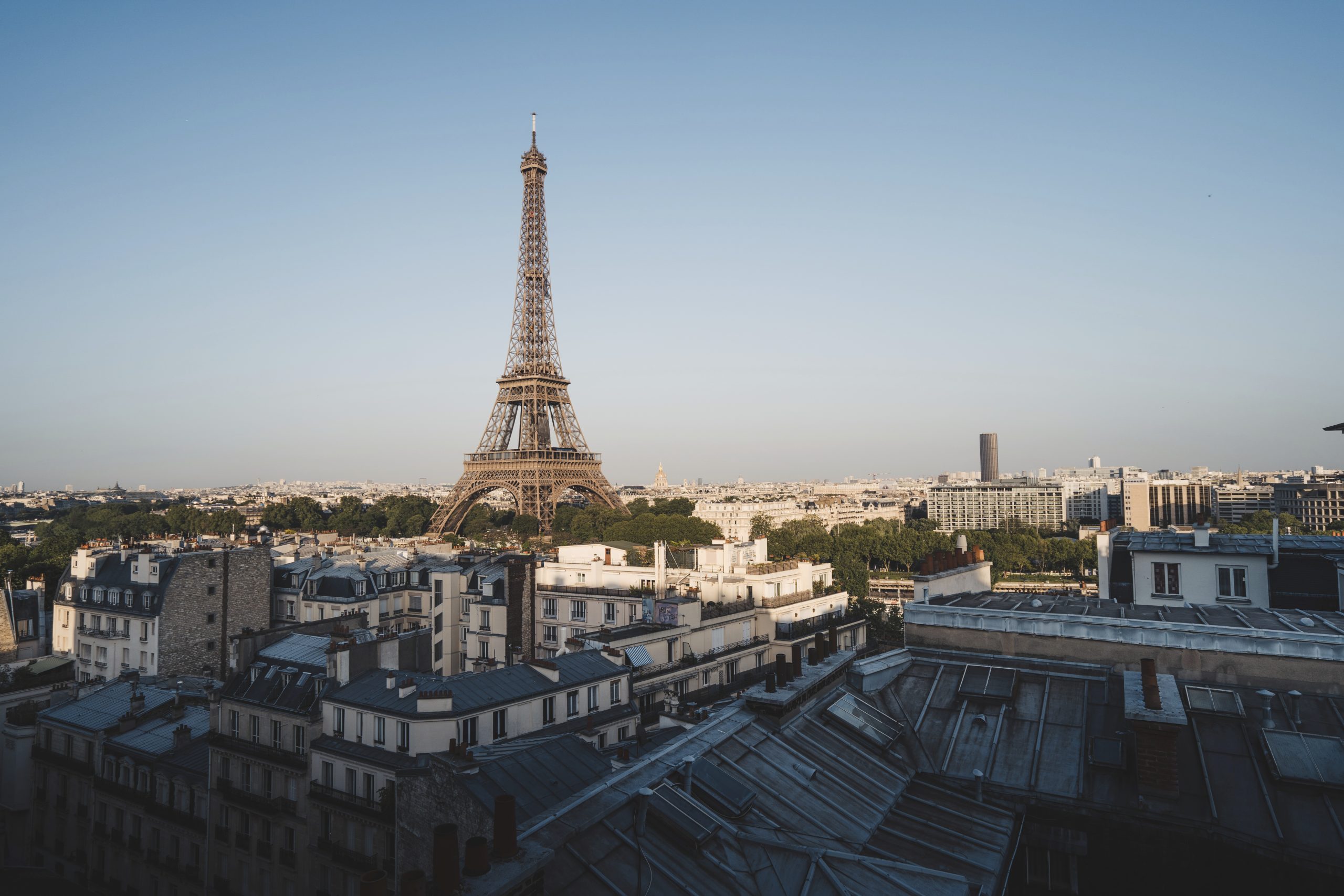France and Argentina have pulled their top negotiators from the COP29 climate summit in Azerbaijan, further exacerbating tensions at a summit already disrupted by Donald Trump’s election victory.
France’s decision, a key advocate for the UN’s climate change strategy, followed a speech by Azerbaijan’s President Ilham Aliyev, who accused President Emmanuel Macron’s administration of “brutally” killing citizens during recent protests in New Caledonia. Aliyev further referred to France’s Pacific island territories as “colonies,” mentioning nuclear tests in French Polynesia and Algeria.
The withdrawal of France, historically supportive of Armenia in its longstanding conflict with Azerbaijan, underscores diplomatic strains. French Environment Minister Agnès Pannier-Runacher, calling Aliyev’s remarks “unworthy of a COP presidency,” chose not to attend the summit. This leaves France without a senior official at the event, with Macron opting out of the Baku meeting. France’s climate ambassador, however, attended ministerial sessions, and Pannier-Runacher is reportedly guiding negotiations remotely from Paris to avoid “empty chair politics,” according to a source close to the French delegation.
Notably absent from COP29 are key leaders including U.S. President Joe Biden, European Commission President Ursula von der Leyen, India’s Prime Minister Narendra Modi, and China’s President Xi Jinping. Trump’s re-election has cast doubts on the UN’s climate agenda, as the president-elect has pledged to exit the landmark 2015 Paris Agreement.
The conference unfolds shortly after the EU’s Copernicus Climate Service reported that 2024 is “virtually certain” to be the hottest year on record, likely exceeding 1.5°C above pre-industrial levels.
Argentina also withdrew its negotiators on orders from President Javier Milei, a vocal Trump ally who discussed climate policy with the president-elect the day prior. Argentina, which possesses the world’s fourth-largest shale oil and second-largest shale gas reserves, sent no replacement delegation.
EU climate chief Wopke Hoekstra posted on social media platform X, “Regardless of any bilateral disagreements, the COP should be a place where all parties feel at liberty to come and negotiate on climate action.”
COP29’s guest list reveals a distinct presence of Eastern European and Central Asian delegates, with fossil fuel industry representation significantly strong among Azerbaijani attendees. Major fossil fuel executives attending include Darren Woods of ExxonMobil, BP’s Murray Auchincloss, TotalEnergies’ Patrick Pouyanné, Eni’s Claudio Descalzi, Saudi Aramco’s Amin Nasser, and Sinopec’s Ma Yongsheng, a stark contrast to the industry diversity seen at COP28 in Dubai.
The UN’s delegate list also shows a substantial presence of consultancy firms, led by Teneo, the main PR advisor to COP29’s presidency, and other firms like the Tony Blair Institute, BCG, McKinsey, EY, and Deloitte. Participation, through smaller, has also been seen from green energy groups from the solar and wind sector, such as UAE renewable energy group Masdar.
President Aliyev has expressed strong support for Azerbaijan’s oil and gas reliance, which makes up around 90% of its exports, dismissing criticism as “double standards” from Western entities. Azerbaijan’s COP29 registration numbers double those of COP28 in Dubai, though Baku’s total attendance, projected at 65,000, remains lower than Dubai’s 80,000. Next year’s host, Brazil, and regional ally Turkey have also registered substantial delegations, with Turkey’s President Recep Tayyip Erdoğan warmly welcomed as a notable attendee.
Russia, Kazakhstan, and neighboring Central Asian countries sent large delegations, surpassing those from G7 nations. The reduced representation from G7 countries raises concerns about weakened commitments to climate financing, crucial to global climate goals, says Ruth Townend of Chatham House.
